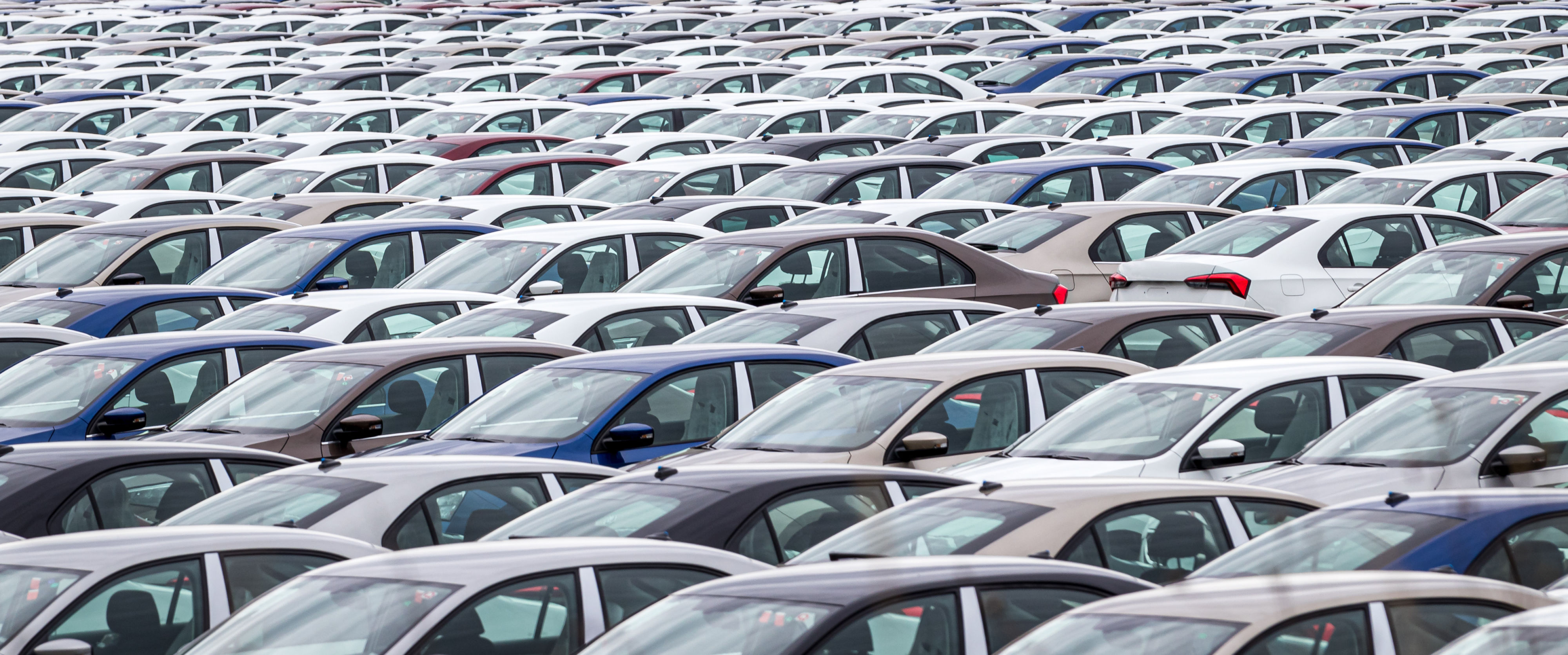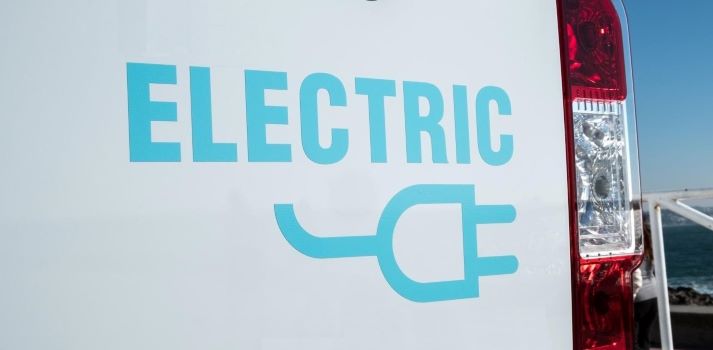Bad Homburg. In its reasoning of the two judgments of February 27, 2018 on diesel driving bans in cities, the Federal Administrative Court underlines the exceptional nature of such traffic restrictions. The court makes it clear that municipalities must adhere to the principle of proportionality in the event of the imposition of driving bans, which requires a balance between the benefit of the driving ban and the burdens for the drivers concerned and the commercial traffic.
The court expressly points out that traffic bans can only be considered for a fraction of the road network and are limited to a few metropolitan areas, and that therefore the principle of proportionality must always be regarded.
Municipalities have to take into account that the blocking of individual main roads and route sections does not go beyond other driving bans and stopping restrictions justified by road traffic law.
In the case of large-scale diesel driving bans, i.e. zonal prohibitions involving many major and minor roads, which would constitute a significant interference with the rights of the person concerned, proportionality should be examined with particular care, with wider exceptions, for example, for local residents or commercial traffic to be taken into consideration.
The reasoning also clarifies that zonal driving bans are only conceivable for vehicles with gasoline engines below the pollutant level Euro3 and for diesel vehicles below pollutant level Euro6. Bans for Euro5 vehicles may be issued from September 01, 2019 at the earliest. It also emphasizes that the competent authorities must take into account the development of the pollution limit exceeded in the meantime.
The court ruling contributes to the objectification of the debate by clarifying that it is not about compulsory driving bans, but about studying measures that are necessary beyond the ones introduced in order to comply with the legal requirements on air quality.
VDIK President Reinhard Zirpel: “I assume that the successful programs for replacing old vehicles with new low-emission Euro6 vehicles will significantly improve the measured values and considerably reduce the number of municipalities that exceed the permissible limits. In any case, I do not expect any major disruptions to occur.”




